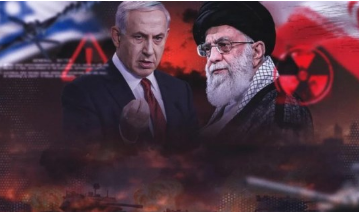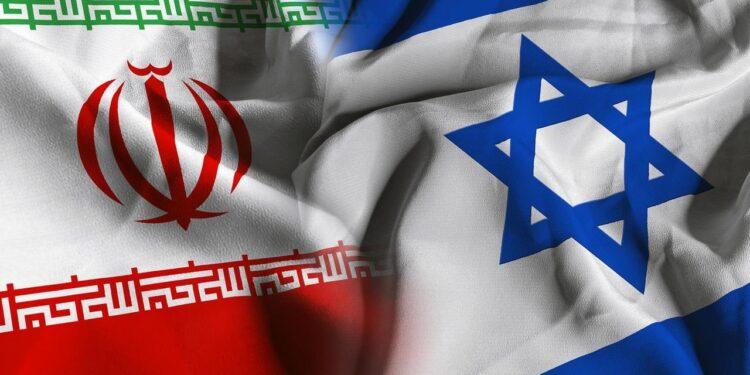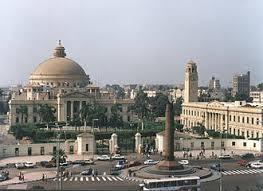Rising Tensions Between Tel Aviv and Tehran: Ongoing Strikes and Iran’s Renewed Tactical Response
Tensions escalate following Israeli airstrikes deep inside Iran, with international calls to de-escalate.

Tensions have sharply escalated in the ongoing confrontation between Iran and Israel following recent airstrikes that targeted deep within Iranian territory, raising widespread fears of broader escalation. Tehran has witnessed a significant wave of displacement, especially toward the northern districts of the city, as thousands of residents fled areas struck by the bombardment of military and critical infrastructure. The sudden attacks forced many families to abandon their homes in search of safety.
In this context, Dr. Tarek Fahmy, professor of political science, described Israel’s actions as “dangerous hostile operations” that may develop into an attempt to destabilize the Iranian regime. He pointed to deep coordination with Western intelligence services, noting that Mossad was not acting alone but rather with clear backing from U.S. and British intelligence networks. This, he said, reflects the depth of intelligence cooperation in managing the conflict.
Regarding the U.S. position, Fahmy stated that Israel maintained the final say over its security decisions, leading Washington toward executing an initial strike aimed merely at testing Iran’s reaction, without full engagement in a broader conflict. He added that the United States is closely monitoring every Iranian move, whether through direct retaliation or via regional proxies, in preparation for any sudden developments. Meanwhile, Rafael Grossi, Director General of the International Atomic Energy Agency (IAEA), called for an immediate return to negotiations with Tehran to ensure its nuclear program does not shift toward weaponization. He expressed readiness to visit Iran at any time and stressed the importance of halting hostilities so that agency teams can assess damage to affected reactors and ensure continued technical oversight. Tehran has reportedly shown initial cooperation in this regard.
Meanwhile, Rafael Grossi, Director General of the International Atomic Energy Agency (IAEA), called for an immediate return to negotiations with Tehran to ensure its nuclear program does not shift toward weaponization. He expressed readiness to visit Iran at any time and stressed the importance of halting hostilities so that agency teams can assess damage to affected reactors and ensure continued technical oversight. Tehran has reportedly shown initial cooperation in this regard.
On the economic front, global oil prices rose by around 3% due to growing fears of supply disruptions through the Strait of Hormuz. This impacted both spot and futures markets. In regional stock markets, energy company shares saw modest gains, while shares of some Iranian banks declined amid concerns over potential new sanctions.
Internationally, the UN Security Council called for restraint and an immediate halt to the escalation. The European Union issued an official statement expressing deep concern and urged all parties to return to calm and dialogue. UN Secretary-General António Guterres also appealed to the international community to intensify diplomatic efforts to prevent a slide toward open conflict that could threaten the security and stability of the entire region.
سقطت طائرة درون صغيرة أمام جامعة القاهرة خلال تجربة لطلاب هندسة، وتبيّن حملهم للتصاريح اللازمة.
اعترافات صادمة لقاتلة الطفلة لوجي في دهشور بعد خنقها داخل جردل مياه وسرقة قرطها الذهبي.
إحالة نور تفاحة للمحاكمة بتهمة نشر محتوى خادش للحياء بهدف تحقيق أرباح عبر مواقع التواصل الاجتماعي.
إسرائيل تفتح مجالها الجوي جزئيًا وسط ضربات أمريكية لإيران.




